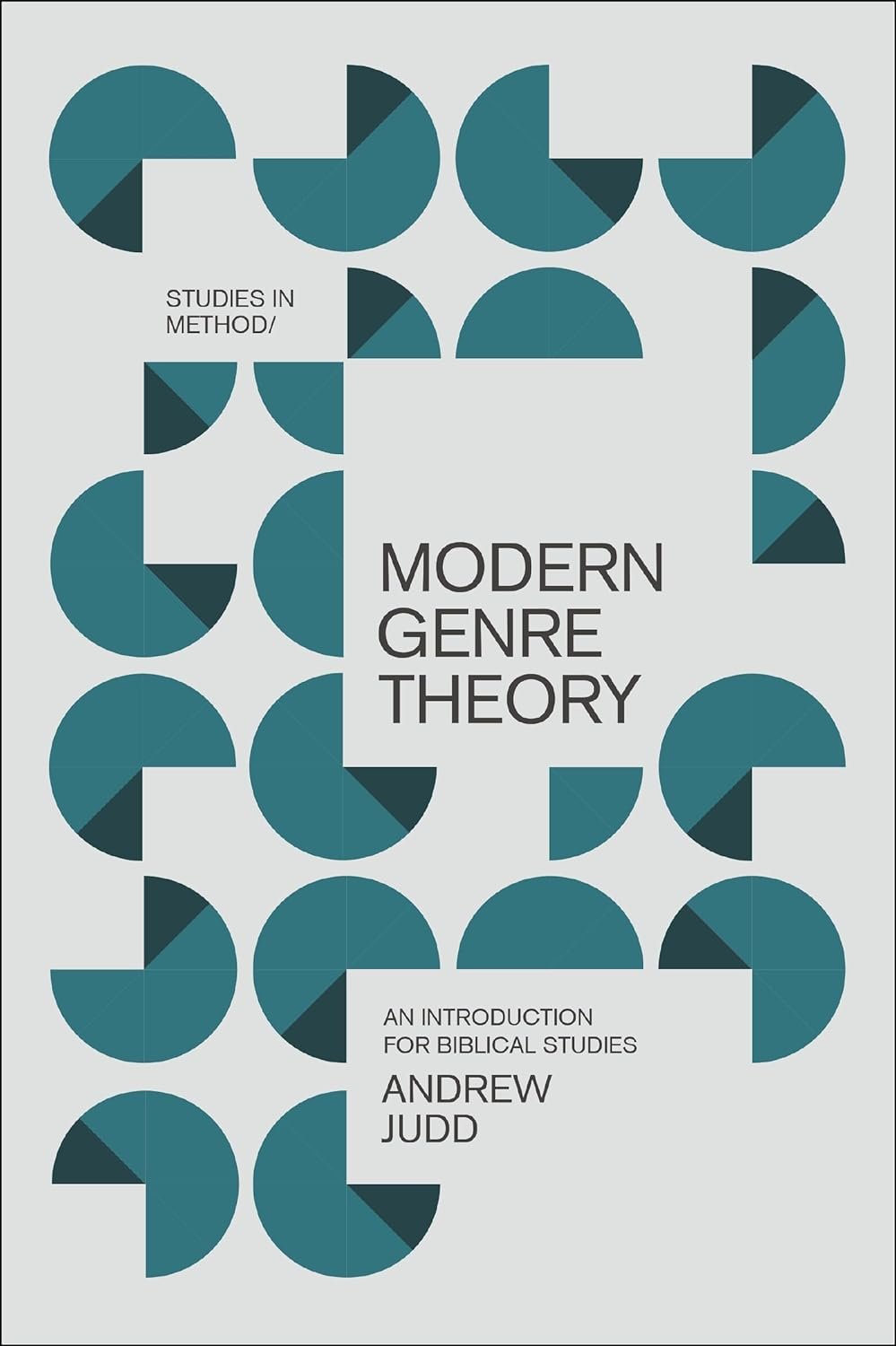
Modern Genre Theory: An Introduction for Biblical Studies
New book on Modern Genre Theory for Biblical Studies is out in July 2024!

Playing With Scripture: Reading Contested Biblical Texts with Gadamer and Genre Theory
This book puts a creative new reading of Hans-Georg Gadamer’s philosophical hermeneutics and literary genre theory to work on the problem of Scripture. Reading texts as Scripture brings two hermeneutical assumptions into tension: that the text will continually say something new and relevant into the present situation, and that the text has stability and authority over readers. Given how contested the Bible’s meaning is, how is it possible to ‘read Scripture’ as authoritative and relevant?
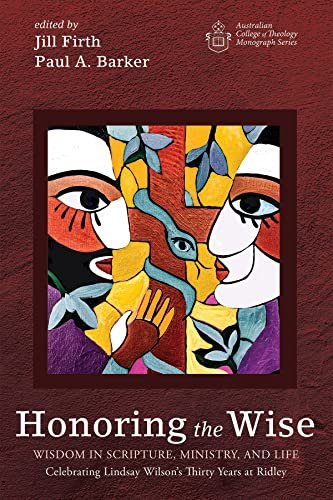
Judges 19 as Wisdom: Sitting with the Wise in Ambivalence and Discontinuity
Of all the horrors told in Judges, it is chapter 19 and the rape and murder of an innocent woman while her husband sleeps soundly inside that raises perhaps the most unsettling questions for interpreters. In this chapter, from a Festschrift in honour of Lindsay Wilson, I test a reading of Judges 19 as if it were a wisdom text. What features stand out when we understand the chapter as something akin to Proverbs, Job, or Ecclesiastes? The wisdom genre helps us reconceive the discontinuities of the story—particularly in the disturbing bargain with the sons of Belial—as features, not flaws. Every genre requires something different from us as readers, and reading Judges 19 as a wisdom text demands that we sit with its discontinuities for longer than we might otherwise be comfort- able. By refusing flat characterisation and trite moralizing, the text forces us live with ambivalence—which is where wisdom is often to be found.
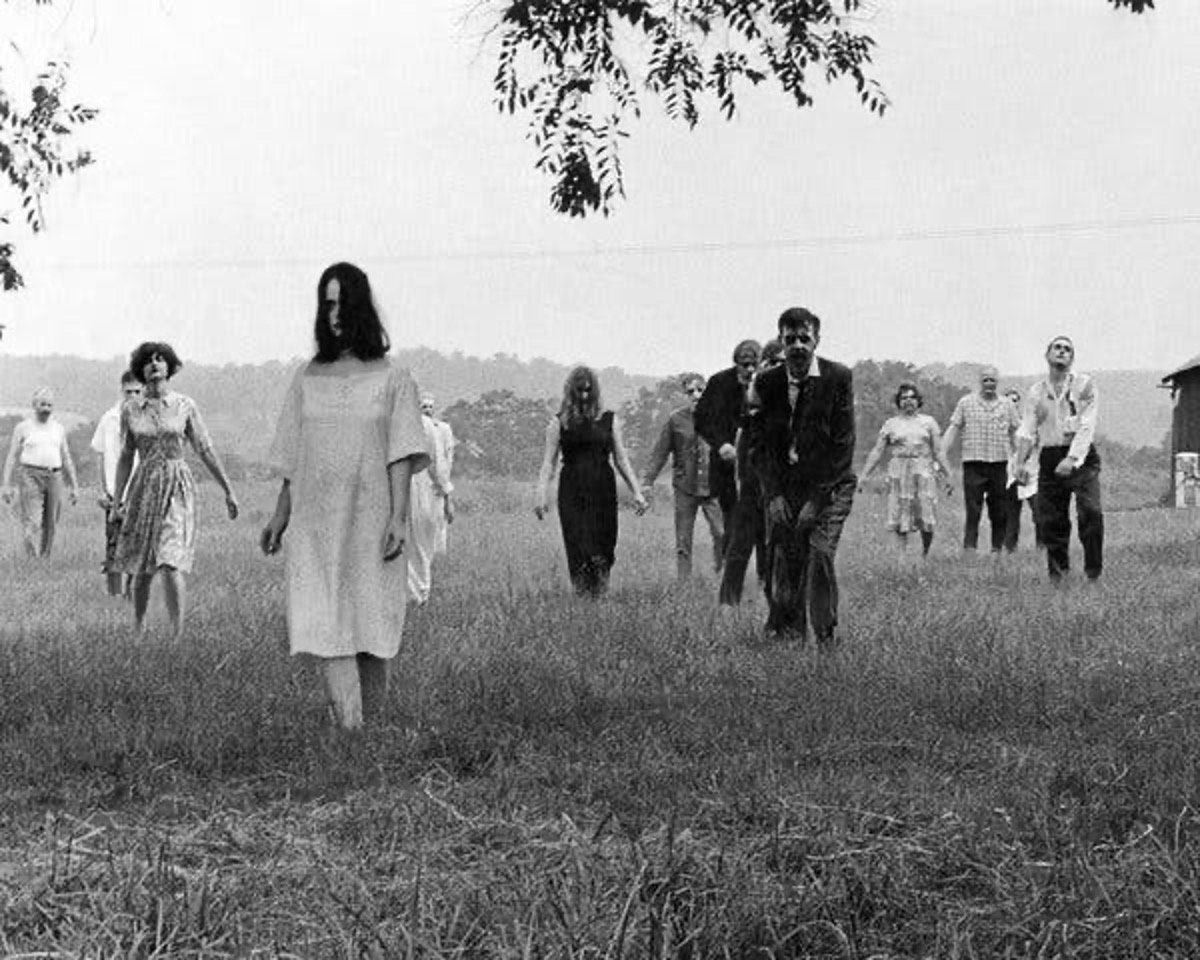
The Monster is Already in the House! Reading Judges 19 as a Horror Film
The history of interpretation of Judges 19 is almost as horrific as the story itself. Commentators blame the victim and excuse the men who betray her. A Rhetorical Genre Studies approach is used to understand how assumptions about genre condition certain kinds of ‘uptakes’ and not others. To resist the tradition while retaining the text requires a disruption of these automatic uptakes. Reading Judges 19 alongside Psycho and Night of the Living Dead suggests other possibilities for what kind-of-thing the text is. It highlights the role of incongruities and occlusions in generating tension and disrupting normality. The ambiguous morality of the characters is central to its depiction of the darkness. Reading the story as if it is a horror film suggests new ways the text might be received, and opens up new ways that we can respond.

Playing with Scripture: Reading Contested Biblical Texts with Gadamer and Genre Theory (PhD thesis)
Reading texts as Scripture brings two hermeneutical assumptions into tension: that the text will continually say something new and relevant into the present situation, and that the text has stability and authority over readers. The collapse of ecclesial authority structures and the array of twentieth-century critical approaches to the Bible seem to take this tension past breaking point. Given how contested the Bible’s meaning is, how is it possible to ‘read Scripture’ as authoritative and relevant? This thesis uses Hans-Georg Gadamer’s philosophical hermeneutics to explore this problem of Scripture.
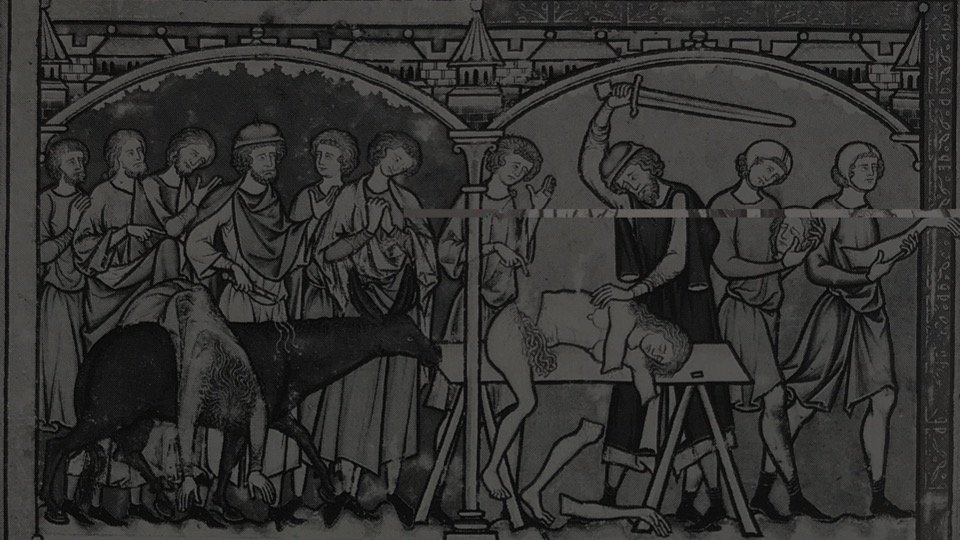
‘She had it coming’: text, tradition and trauma in Judges 19
The horrific story of the rape and murder of a young woman in Judges 19 ends with a dismembered corpse and a call to ‘Get on top of it! Take counsel! And speak out!’ (19:30). In Shelly Rambo’s terms, her death haunts the life that follows, and the narrator seems to be calling us to ‘witness’ to the reality of life after the storm of this traumatic event.

Hagar, Uncle Tom's Cabin, and why we cannot agree on what the Bible says about slavery
This article examines the history of interpretation of Hagar's story in Genesis 16 within debates over slavery through the narrative frame of Harriet Beecher Stowe's novel Uncle Tom's Cabin. Drawing on modern literary genre theory, I propose that these different readings of Genesis 16 really begin as different conceptions about the kind of thing we are reading: its genre.
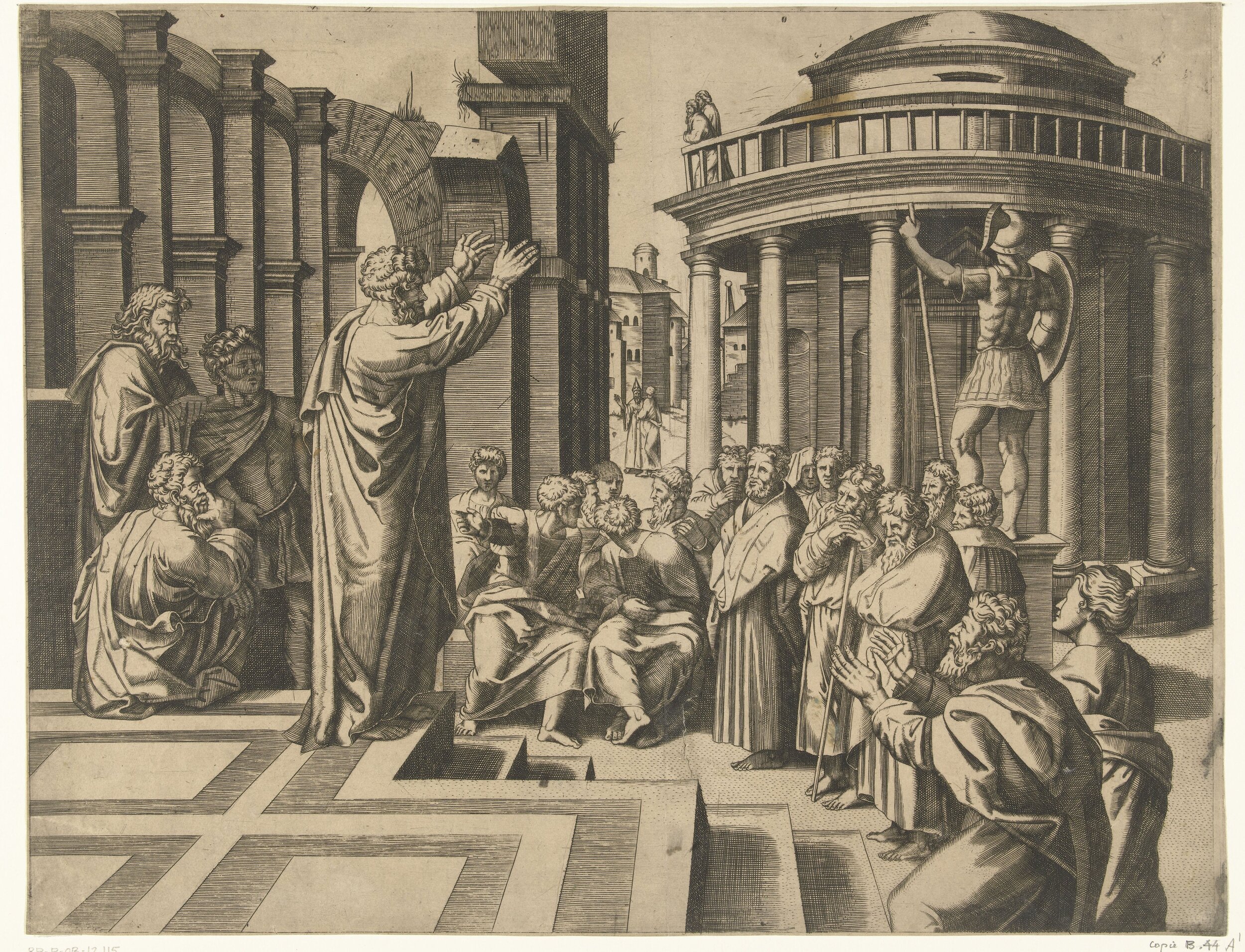
Do the speakers in Acts use different hermeneutics for different OT genres?
The Book of Acts’ quotations of OT texts have been explained in myriad ways: as everything from midrash, to rhetoric, to opportunistic prooftexting. This presents a confusing and unprincipled picture of apostolic hermeneutics. But is there a principle behind this diversity? Drawing on modern Genre Theory’s observation that genres create distinct hermeneutical roles for the reader, this article tests the hypothesis that the hermeneutical structure employed by the apostles to interpret and apply the OT vary depending on the genre of the source material. If the genre of the source text is a psalm, then nine times out of ten the text will be interpreted typologically to make a Christological point.
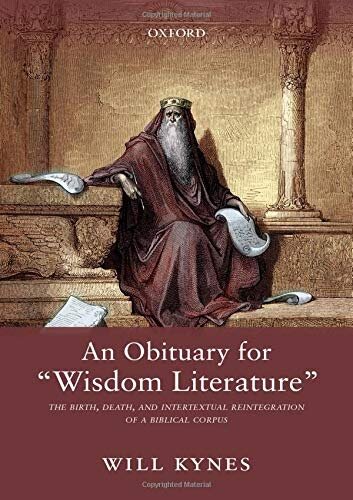
Review of An Obituary for "Wisdom Literature" by Will Kynes
In his Obituary for “Wisdom Literature,” Will Kynes makes a provocative and persuasive case for abandoning the concept of a distinct canonical corpus centered on Proverbs, Ecclesiastes, and Job. His title, dramatic though it sounds, is no clickbait. Using sound historical detective-work, modern genre theory, and a compelling intertextual reading of the standard Wisdom texts, Kynes gives good reasons for concluding that the modern genre designation of “Wisdom Literature” is limiting or even distorting our reading of the Bible. Finding wisdom themes throughout the canon is not the problem; it is the rigid categorization of certain texts as one thing — Wisdom Literature — that flattens texts, slices up the canon, and cordons off scholarly sub-specialties.

Gadamer, Wirkungsgeschichtliches Bewusstsein, and What To Do about Judas (Acts 1:12–22)
Hans-Georg Gadamer’s artfully ambiguous phrase, wirkungsgeschichtliches Bewußtsein (historically-effected consciousness), evokes both a consciousness that is aware of how understanding is shaped by effective history, but also the consciousness which is already always being shaped by effective history. This paper begins by unpacking Gadamer’s concept of historically effective consciousness, drawing on his later works alongside the more familiar Truth and Method. Part two explores how his phenomenological hermeneutics might assist a reading of the New Testament as a literary text. Gadamer's principles can be seen at play in Acts 1:12–22, in which Peter explains Judas’s betrayal as the fulfilment of Psalms 69 and 109. While midrashic techniques explain some aspects of Peter’s exegesis of these Old Testament texts, it can be difficult to find a coherent hermeneutical principle behind this kind of apostolic exegesis of the Old Testament. Historically-effected consciousness offers a promising overarching hermeneutic, drawing our attention to three elements of the text’s historical horizon: question, geography and genre. Part three then considers what a historically-effected consciousness might mean, in turn, for New Testament exegetes reflecting on their own phenomenological predicament.

Donald Robinson and the imperfect unity of An Australian Prayer Book
Donald Robinson (1922-), who would later become Archbishop of Sydney, was one of the most important figures in liturgical reform during the 1960s and 1970s in Australia. This paper examines and evaluates his contribution to the evangelical character of An Australian Prayer Book (1978).